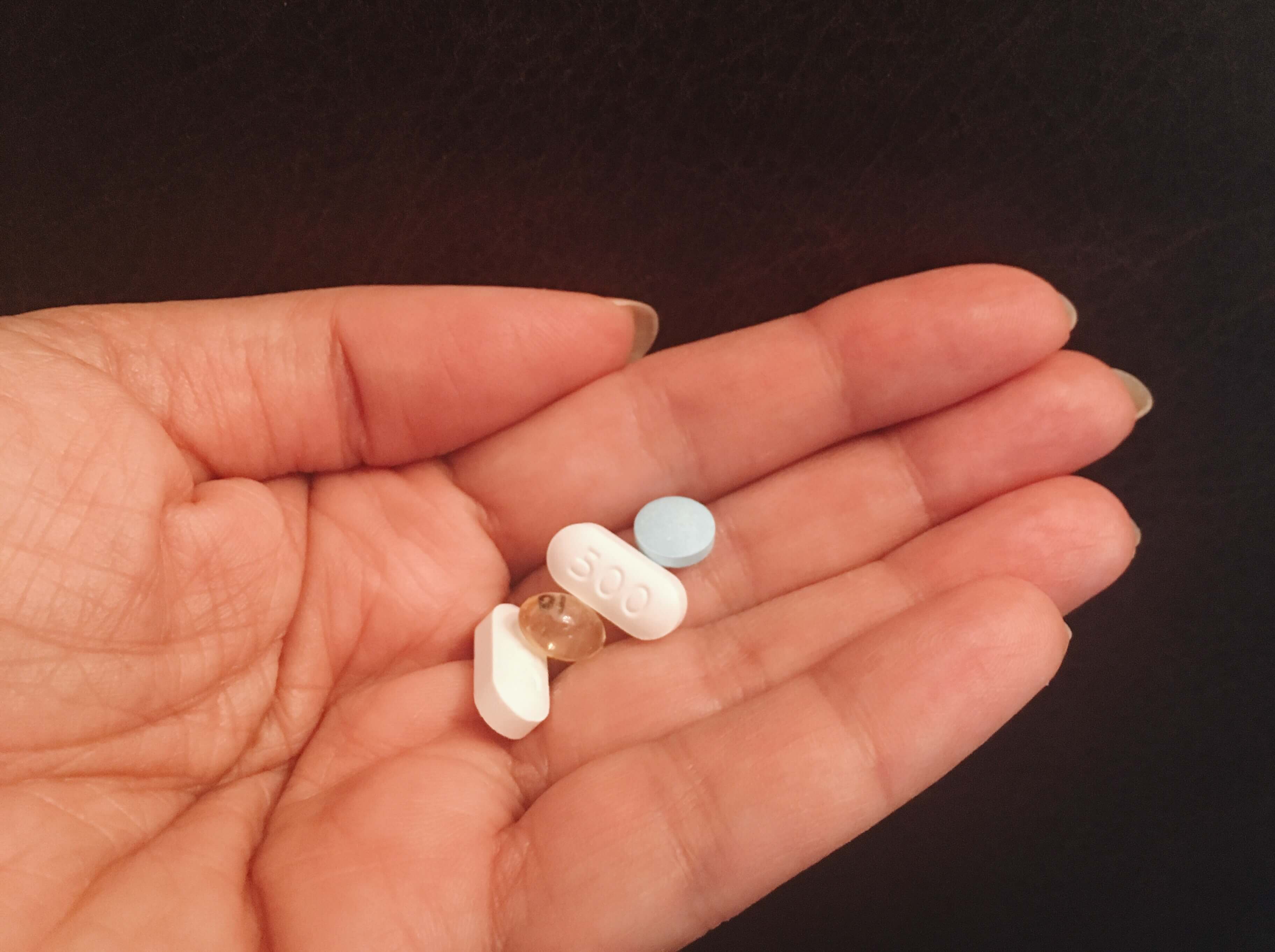What Supplements or Medicines Should Runners Avoid?

Your body is an incredibly complex machine. And, as an athlete, you need each aspect and system to perform at its absolute best. Which means that you train hard and manage your diet the best that you can.
Occasionally, though, you may also find it necessary to take certain supplements or medications. What do you need to know in these situations? Are there substances that you, as a runner, should avoid?
Separating Needs And Wants
Before delving into the complex topics of what substances, you should avoid we should first discuss the various situations in which this issue might arise. Why does this matter? Because the fact that is that, particularly when it comes to supplements, the addition of these products to your routine isn’t actually necessary.
Of course, prescription medication given to you by a qualified doctor and intended to treat a specific condition definitely fall under the category of “necessary.” Still, there may be certain things you should be aware of when training with these medications in your system.

Some medications like those taken for colds or allergies, though, are technically optional. These, too, may have side effects that could impact your performance.
Finally, there are supplements – substances meant to improve your performance or some other specific aspect of your health. These can be vitamins, minerals or other chemicals extracted from a variety of substances. Unfortunately, supplements aren’t subject to the same degree of regulation that medications undergo, which means that you can’t always trust the claims made on the label.
When deciding how precisely to incorporate a supplement or medicine into your regular routine, then, the first question to ask yourself is: Do I need this? If the answer is “yes,” then any potential negative impacts on your performance don’t really matter. Unfortunately, your athletic goals may have to yield to the reality of your overall health.
However, if you don’t actually need to take a substance that has a negative influence over your workouts, then you have room to make some personal decisions regarding how to proceed.
Changes In Blood Pressure
Many medications, and some supplements, can have an influence over your blood pressure levels. Whether this means abnormally high or unusually low blood pressure, these effects could present a serious problem for athletes.
When you exercise, your blood pressure will naturally rise slightly. This is an expected – and desirable – result of your heart beating faster and harder to ensure that your muscles have adequate blood flow to support your activity. If a medication or supplement, however, causes a further increase in blood pressure this could put undo stress on your heart and vascular system.

Unfortunately, things could also go the other way. Some medications may also cause unusually low blood pressure. While this isn’t typical, it is possible and may cause weakness, lightheadedness and even fainting.
Dizziness
Along with the dizziness associated with low blood pressure, some medications and supplements can cause dizziness through other mechanisms. Regardless of the exact response at work, dizziness could create all sorts of problems for runners.
Along with the obvious discomfort, feeling dizzy during your workout may even put you at risk for a falling or other related injury. This is of particular concern when it comes to cold and flu medication, which often list dizziness as a potential side effect.
Focus
Closely related to dizziness, some medications or supplements may cause you to feel mentally cloudy or experience difficulty focusing. As a result, you may experience a reduction in your overall performance on your runs.

Beyond that, your decision-making ability could also be impaired. This can present serious safety concerns when running a race or in an unfamiliar environment.
Other Considerations
In reality, though, medications and supplements may affect you very differently than they impact another athlete. And you might experience side effects that aren’t even listed as a possibility on the label.
So, the real test is to simply listen to your body. If you take a certain medication or supplement that has a negative impact on your run, you may need to change the way that you take it so that the substance doesn’t impact your workout or stop taking it altogether.

You may have noticed that this post does not include a list of specific medications and supplements that you should be wary of. Again, this is because the exact effects of the products will vary wildly from person to person. And even from situation to situation. Further, there are just too many products to list.
When struggling with how to workout while taking a medication or supplement, then, it’s important to consider a number of factors. First, is it necessary? How will it interact with your training and impact your goals? Be especially cautious with substances that will effect your blood pressure, mental clarity or overall performance.
All that being said, the best way to determine whether or not you should exercise while taking a medication or supplement is simply to ask your doctor.
Latest Articles
 Is Running on a Treadmill Easier Than Running Outside?Runners have their own preferences, whether it is treadmill running, running outside on the road, or exploring trails. So...
Is Running on a Treadmill Easier Than Running Outside?Runners have their own preferences, whether it is treadmill running, running outside on the road, or exploring trails. So... Is It OK to Use Trail Running Shoes on the Road?While trail running shoes can be used on roads, especially in situations where a runner encounters mixed terrains or pref...
Is It OK to Use Trail Running Shoes on the Road?While trail running shoes can be used on roads, especially in situations where a runner encounters mixed terrains or pref... How to Fix Sore Quads After Running?Rest, ice, gentle stretching, and over-the-counter pain relievers can help soothe sore quads after running. Also, ensure ...
How to Fix Sore Quads After Running?Rest, ice, gentle stretching, and over-the-counter pain relievers can help soothe sore quads after running. Also, ensure ... 10 Fruits With The Most Electrolytes to Replace Sports DrinksThese fruits are high in electrolytes such as potassium, magnesium, and calcium, essential for hydration, muscle function...
10 Fruits With The Most Electrolytes to Replace Sports DrinksThese fruits are high in electrolytes such as potassium, magnesium, and calcium, essential for hydration, muscle function...

